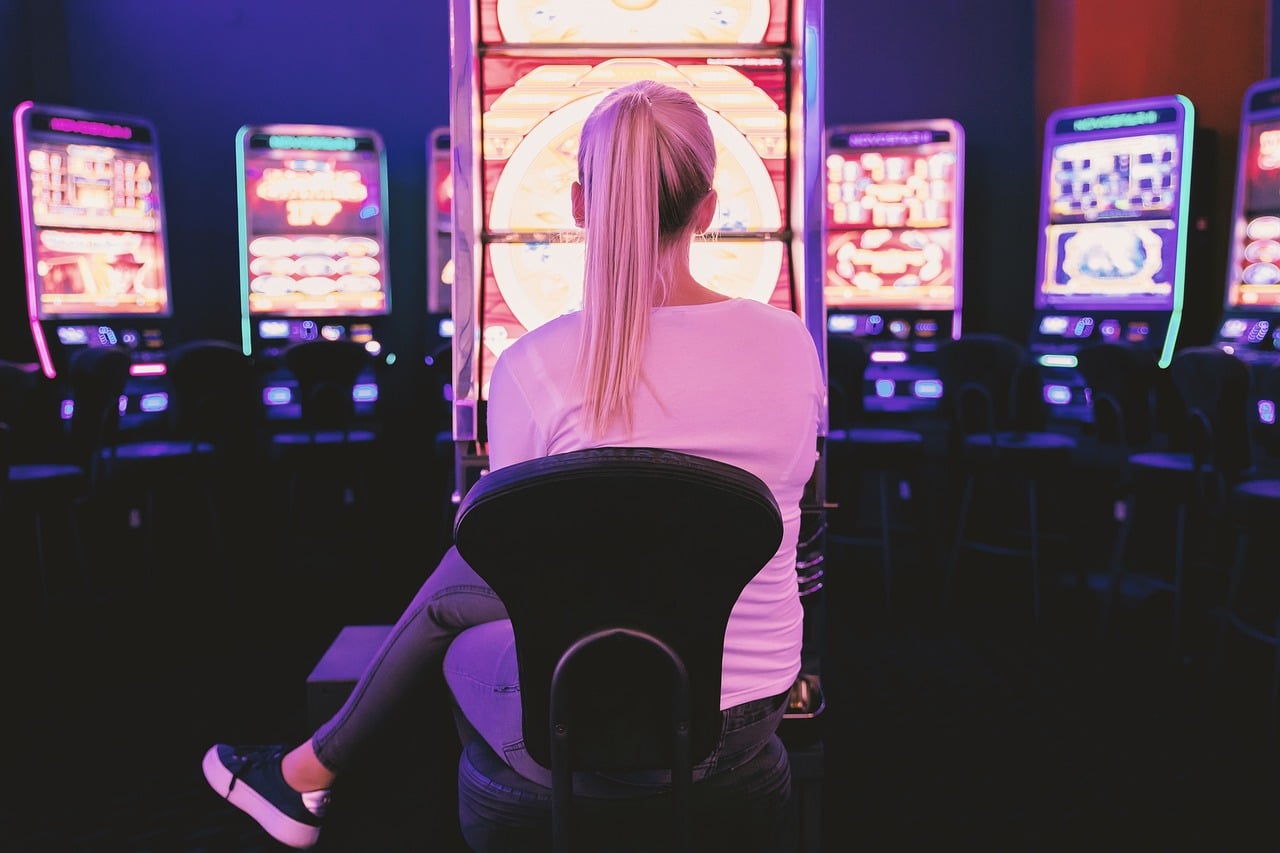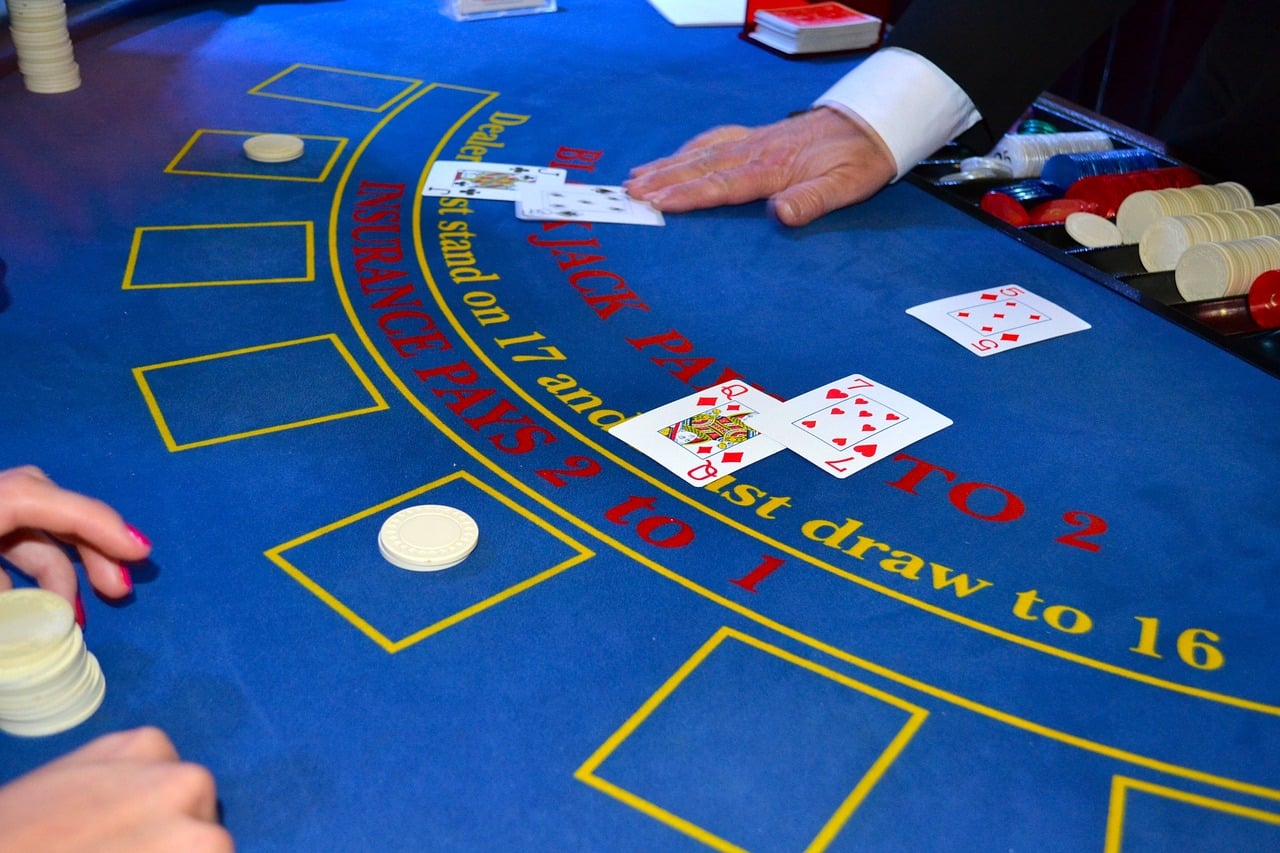
Gambling addiction is an addiction to betting and gambling.
Gambling addiction is a pathological addiction to gambling and betting . This addiction consists of an irrepressible desire to play even though the person is aware of the consequences.
The etymological origin of this term is found in Latin. Thus, we can see that it is the result of the sum of two words from that language: ludus , which is synonymous with "game" , and patia , which can be translated as "disease" .
In a technical sense, however, pathological gambling is not an addiction, but rather an impulse control disorder , similar to kleptomania (the compulsive theft of objects) and pyromania (the obsession with fire).
Origins of gambling addiction
Difficulty resisting or having repetitive behaviors are two of the situations that can lead a person to suffer from gambling addiction. However, it cannot be denied that many others fall into this problem of gambling addiction fundamentally because they find in it a mechanism to release their level of stress or to escape from the serious personal, work or economic problems they have.
Pathological gambling is diagnosed based on various symptoms , such as frequent thoughts about gambling, irritability when trying to stop or reduce gambling, and the use of gambling as an avoidance mechanism.

Those who suffer from gambling addiction cannot control their impulse to gamble.
Most common symptoms
However, there are many other symptoms that also make it clear that someone suffers from gambling addiction. Thus, among the most significant are these:
- He loses his job and even puts aside both his personal commitments and his studies.
- He is capable of committing crimes in order to get money with which to continue playing.
- You may spend a lot of time thinking about how to make money or how to get back what you've already lost.
- He constantly lies about the time he spends playing or the amounts he has missed.
- He feels excited when people talk about gambling and even when he thinks about playing more and more.
Consequences of gambling addiction
Gamblers tend to try to recover gambling losses with new bets. Those who suffer from this condition often lie to their families to hide how much money they spend on gambling and are even capable of asking third parties for financial help to continue betting.
Experts maintain that problem gambling can lead to other disorders, such as anxiety , depression or even heart problems derived from stress . To treat gambling addiction, there are self-help groups, psychological therapies and psychiatric medication.
It is important to note that, when occasional gambling becomes habitual gambling, it is more likely to suffer from a gambling disorder. In men, gambling addiction usually begins in adolescence, while women usually develop this addiction between the ages of 20 and 40.
The treatments
Among the most common treatments that exist to cope with gambling addiction are support and self-help groups , such as Gamblers Anonymous , as well as behavioral and cognitive therapy. Without forgetting the use, in certain cases, of antidepressants.
To the family members of a gambler, specialists recommend that they try to objectively explain to the player what is happening, the amount of money he spends on bets and the time he does not dedicate to his family. It is also important to note the irritability and nervousness of the gambler.
